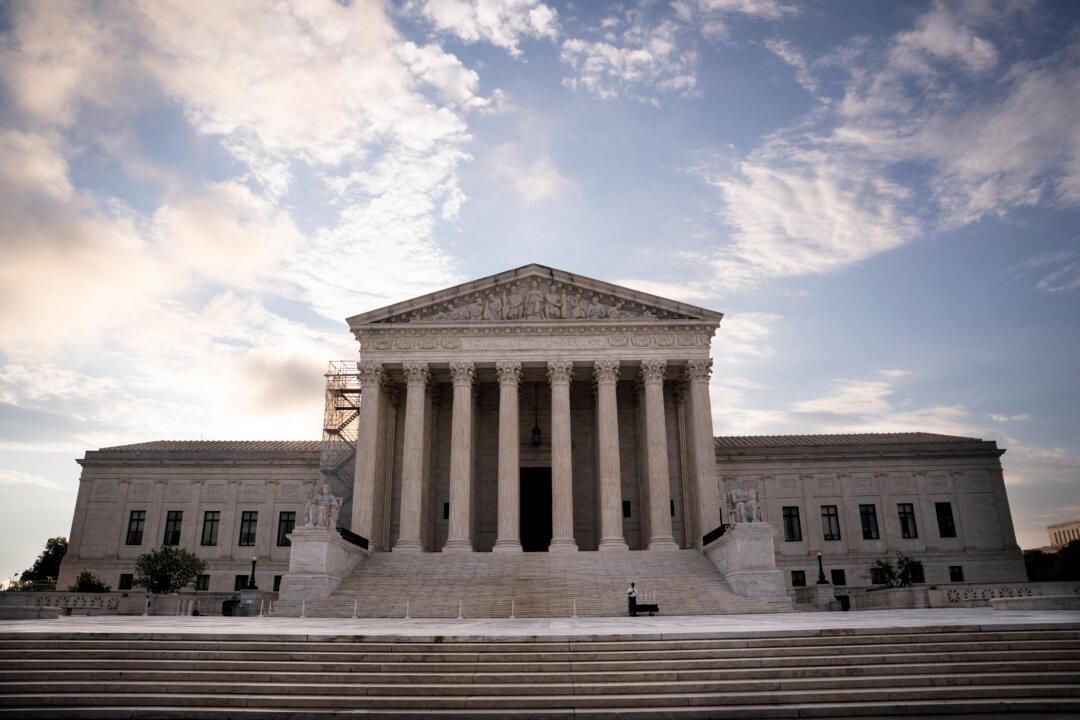The Supreme Court is considering whether it should extend its emergency order from last week blocking a federal appeals court decision that deprived an Oklahoma city of the authority to charge members of Indian tribes with municipal offenses.
The city of Tulsa filed a brief on Aug. 1 urging the court to keep the temporary stay in place.





